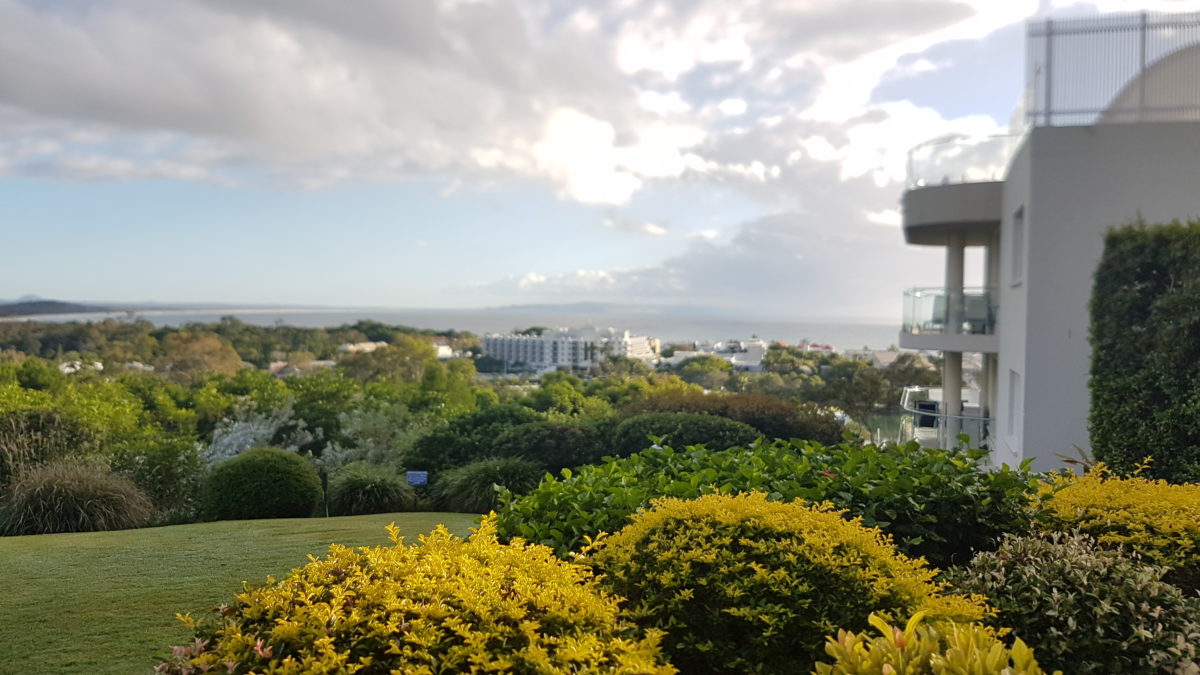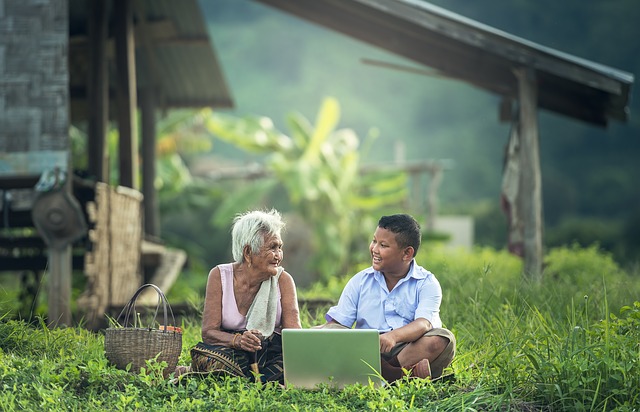Dr. Matthew Brensilver, a teacher at MARC UCLA, focuses on the relationship between mindfulness and mental health. In his guided meditation on The Present is Made of Our Past, he explores the connection between the present and the past. When we are present, we are not absorbed by the past or anxiously anticipating the future. Matthew points out, however, that “in some sense, the present is composed of nothing but the past”. This is a challenging idea for those of us who have been exposed to the unerring emphasis on being present.
Expressing the past in the present
In this present moment, you are giving expression to everything you experienced in the past – the habits you developed over time, the conditioning you experienced in different aspects of your life and the momentum (in career, life & relationships) that you have achieved. So, the present is composed of these many elements. In Matthew’s perspective, the present can be viewed as “making peace with the past” – combining gratitude with loving-kindness.
The past is present through your memories (not only of events or situations but also of the emotions involved at the time). It is also present in what Matthew describes as “habit energies” – your habituated way of doing things, of relating and responding. The past is present in your thoughts and feelings that arise from different stimuli – patterned as they are on previous experiences, responses and outcomes for yourself and others.
Your habits can be good for you or harmful. Mindfulness enables you to appreciate your good habits and the benefits that accrue to you and others when you act out these habits. Mindfulness also makes you aware of unhealthy habits that condition you to respond in ways that have a deleterious effect on you and others. You become more aware of the existence of these habits, their origins, the strength of their hold on you and their harmful effects. Over time, your mindfulness practice can release you from the hold of these habits and assist you to transform yourself. For example, you can develop the ability of reflective listening where before you constantly interrupted others and failed to actively listen to what they had to say.
As we grow in mindfulness, we can better integrate our past with our present, understand the influences shaping our responses, improve our self-regulation and bring an enlightened sense of gratitude to others and loving-kindness to ourselves and our everyday experience.
____________________________________________
Image – Noosa, Queensland, 18 May 2019 (7.45 am)
By Ron Passfield – Copyright (Creative Commons license, Attribution–Non Commercial–No Derivatives)
Disclosure: If you purchase a product through this site, I may earn a commission which will help to pay for the site, the associated Meetup group and the resources to support the blog.

